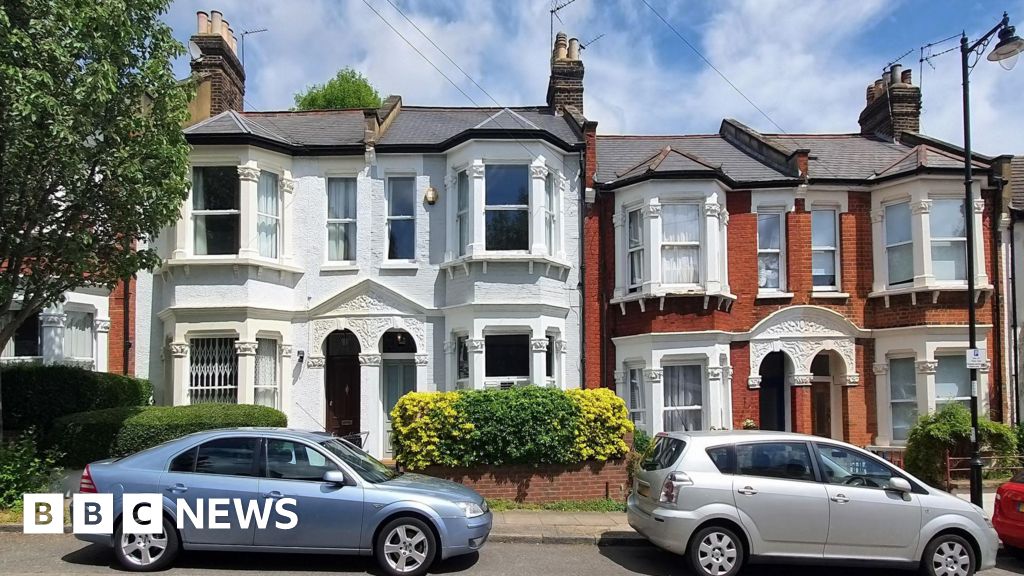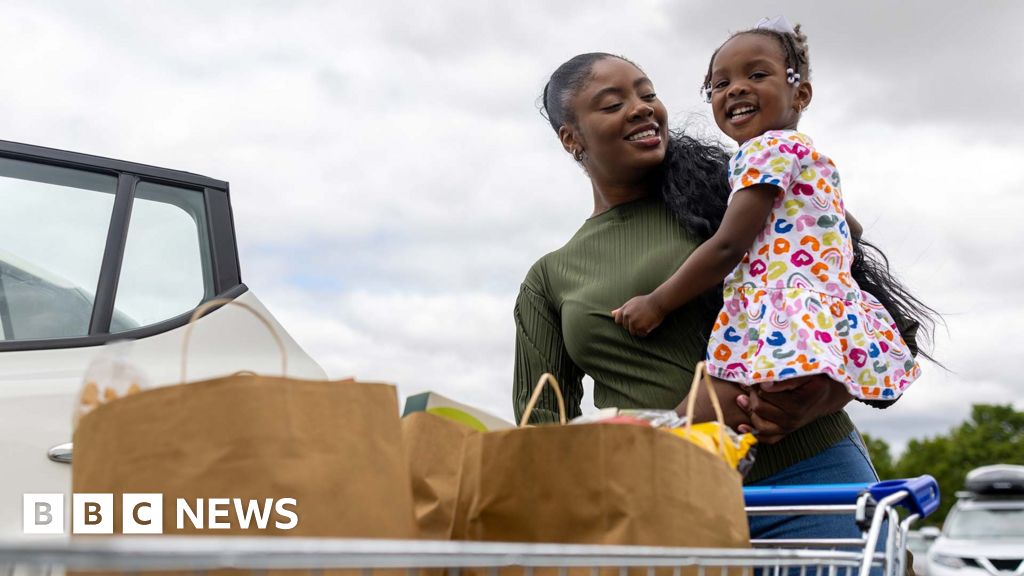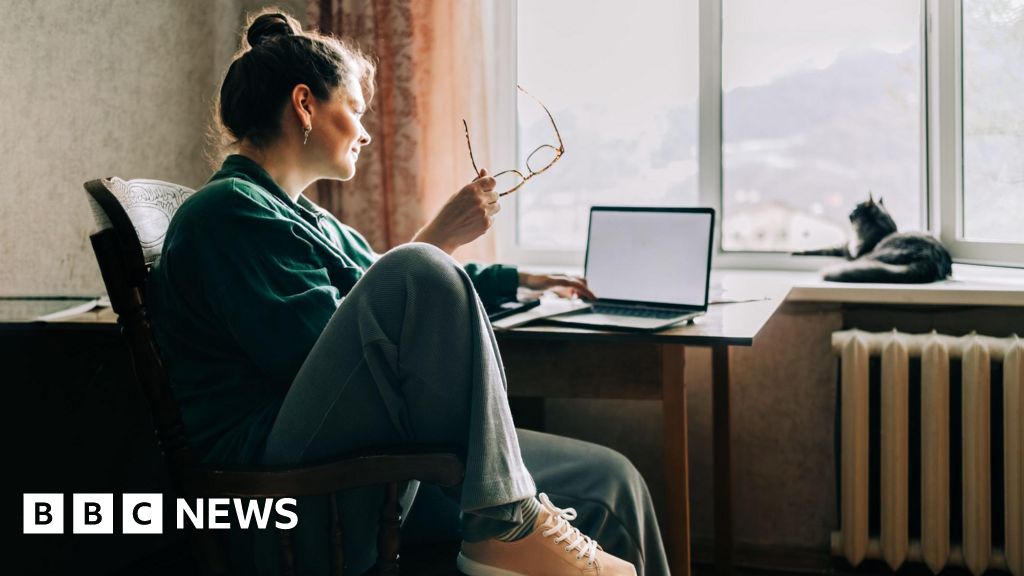Michael RaceBusiness reporter
The UK economy is expected to grow at a slower rate than previously expected from next year, the government's official forecaster has said.
The Office for Budget Responsibility (OBR), which maps out how the economy is set to perform based on the government's tax and spending policies, increased its growth expectations for this year, but downgraded its forecast for the following four.
The forecast was published in error ahead of the Chancellor Rachel Reeves delivering her Budget on Wednesday.
The OBR's report said that income tax thresholds would be frozen until the end of the 2030-31 financial year.
The OBR said the Budget "raises taxes by amounts rising to £26bn in 2029-30, through freezing personal tax thresholds and a host of smaller measures", adding it would result in the tax take reaching an "all-time high of 38% of GDP in 2030-31".
The freeze in tax thresholds is forecast to result in 780,000 more income tax basic-rate taxpayers, 920,000 more people paying the higher-rate, and 4,000 more paying the additional-rate in 2029-30.
The government has made growing the economy its number one pledge an effort to boost living standards across the UK.
In its forecast published online, the OBR predicted the economy would grow by 1.5% this year, higher than its previous forecast of 1%.
However, it said growth would be lower at 1.4% in 2026 and 1.5% in the following four years - all of which are downgrades from its forecast made in March.
"We expect quarterly growth to pick up only gradually in the near term as geopolitical uncertainty persists and domestic business and consumer confidence remains subdued, including in anticipation of further tax rises," the OBR said.
In her Budget speech, the chancellor said the government had "beat" the growth forecast this year and "we will beat them again".
The OBR expects the rate of inflation to be 3.5% this year - which is slightly higher than the forecaster's previous estimate in March of 3.2%.
It also lifted next year's inflation forecast from 2.1% to 2.5%, but the rate is then expected to fall to 2% in 2027 and the following two years.
Inflation, which measures the pace of price rises, is expected to have reached a recent peak of 3.6% in the year to October.
The OBR document was not meant to be released until after the chancellor had delivered her Budget in the House of Commons, but it was published on the forecaster's website early.

 Movie
Movie 1 hour ago
4
1 hour ago
4 




![Presidents Day Weekend Car Sales [2021 Edition] Presidents Day Weekend Car Sales [2021 Edition]](https://www.findthebestcarprice.com/wp-content/uploads/Presidents-Day-Weekend-car-sales.jpg)




 English (United States)
English (United States)